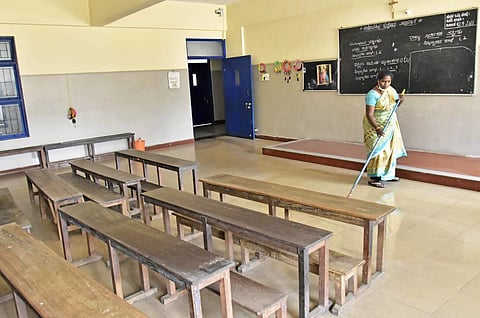

Education is an essential component of a thriving democracy. It empowers citizens to make informed decisions about their leaders and to hold them accountable. It also enables them to participate actively in the political process.
In India, there is no minimum educational qualification for politicians. However, many Indian politicians are highly educated. According to a study by the Association for Democratic Reforms, over 60 per cent of Indian MPs have at least a bachelor's degree. The most common educational qualifications among Indian politicians are Law, Commerce and Arts.
There are a number of reasons why many Indian politicians are highly educated. First, education is seen as a status symbol in India. Second, education can provide politicians with the knowledge and skills they need to be effective leaders. Third, many Indian political parties give preference to candidates with higher educational qualifications.
Here are some examples of highly educated Indian politicians:
Prime Minister Narendra Modi has a Bachelor's degree in Political Science
Finance Minister Nirmala Sitharaman has a Master's degree in Economics
Defence Minister Rajnath Singh has a Master's degree in Political Science
External Affairs Minister S. Jaishankar is a career diplomat with a Master's degree in International Relations
Home Minister Amit Shah has a Bachelor's degree in Chemistry
Rahul Gandhi (Congress) has a Master's Degree in Development Studies
Priyanka Gandhi Vadra (Congress) has a Master's degree in Psychology
Arvind Kejriwal (AAP) has a Bachelor's degree in Mechanical Engineering from the Indian Institute of Technology Kharagpur
Mamata Banerjee (TMC) has a Master's degree in History
N Chandrababu Naidu (TDP) has a Master's degree in Business Administration
While many Indian politicians are highly educated, there are also a significant number of politicians with low levels of education. According to the Association for Democratic Reforms, over 10 per cent of Indian MPs have only primary or secondary education.
There are a number of reasons why some Indian politicians are not very educated. First, poverty and lack of access to education are still major problems in India. Second, many Indian politicians come from rural areas, where educational opportunities are limited. Third, some Indian politicians are from disadvantaged social groups that have traditionally been denied access to education.
The educational qualification of Indian politicians has been a subject of much debate in recent years. Some people argue that it is important to have a minimum educational qualification for politicians, as this would ensure that they have the knowledge and skills to be effective leaders. Others argue that education is not a necessary qualification for politicians, as there are many other important qualities that make a good leader.
